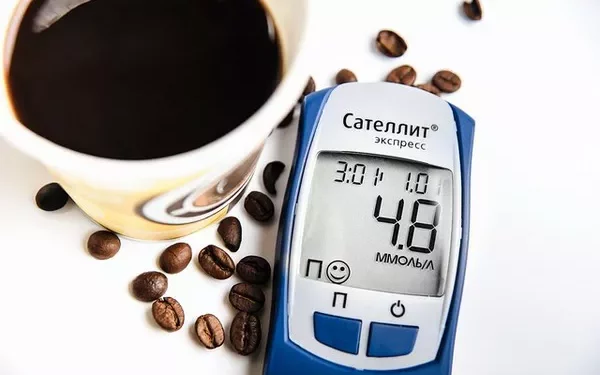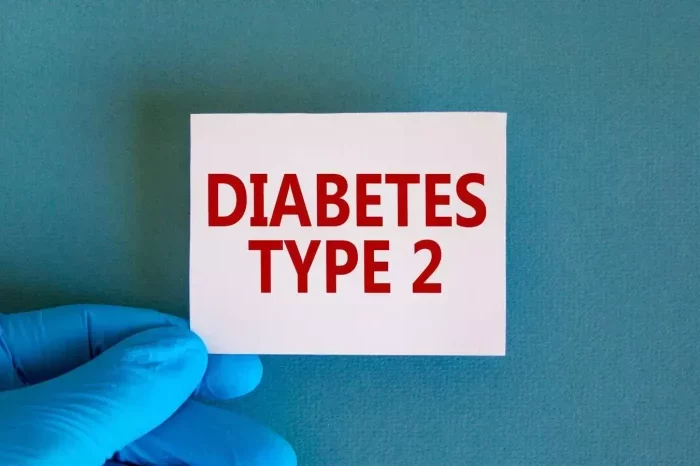Hypoglycemia, defined as low blood glucose levels typically below 70 mg/dL, is a critical concern for individuals with diabetes and can also occur in non-diabetic individuals under certain conditions. One common belief is that skipping meals or not eating enough can directly cause hypoglycemia. This article explores the relationship between inadequate food intake and hypoglycemia, the mechanisms involved, risk factors, symptoms, and appropriate management strategies.
Understanding Hypoglycemia
Definition and Causes
Hypoglycemia occurs when there is an insufficient supply of glucose to meet the body’s energy needs. It is primarily associated with diabetes, particularly in individuals using insulin or certain medications that lower blood glucose levels. However, hypoglycemia can also occur in non-diabetic individuals due to various reasons, including prolonged fasting or inadequate carbohydrate intake.
Mechanisms of Hypoglycemia
In individuals with diabetes, hypoglycemia can result from:
- Excess Insulin: Taking too much insulin or medications that stimulate insulin release without adequate carbohydrate intake can lead to rapid drops in blood glucose levels.
- Delayed or Missed Meals: Skipping meals, delaying meals, or not consuming enough carbohydrates relative to insulin or medication doses can result in hypoglycemia.
- Increased Physical Activity: Intense or prolonged exercise can increase glucose uptake by muscles, lowering blood glucose levels, especially if insulin doses are not adjusted accordingly.
Non-Diabetic Hypoglycemia
In non-diabetic individuals, hypoglycemia can occur due to:
- Prolonged Fasting: Not eating for an extended period, such as during religious fasting, illness, or crash diets, can deplete glycogen stores and lead to hypoglycemia.
- Alcohol Consumption: Excessive alcohol intake can impair the liver’s ability to release stored glucose (glycogen), leading to hypoglycemia, especially in individuals with poor nutritional intake.
- Critical Illness: Severe infections, liver disease, kidney disorders, and other critical illnesses can affect glucose metabolism and lead to hypoglycemia.
Debunking the Lack of Eating Myth: Understanding the Role of Food Intake
Complexity of Blood Glucose Regulation
Contrary to popular belief, hypoglycemia is not solely caused by skipping meals or not eating enough. Blood glucose levels are influenced by multiple factors, including:
- Balanced Diet: The overall composition of meals, including the amount and type of carbohydrates, proteins, and fats consumed, affects how the body regulates blood glucose levels.
- Insulin Sensitivity: Individual differences in insulin sensitivity play a crucial role in determining how the body responds to changes in food intake and physical activity.
- Hormonal Regulation: Hormones such as insulin, glucagon, cortisol, and epinephrine work together to maintain blood glucose within a narrow range.
Role of Carbohydrates
Carbohydrates are the body’s primary source of glucose, which is essential for energy production. Consuming adequate carbohydrates, especially complex carbohydrates with fiber (such as whole grains, fruits, and vegetables), helps maintain stable blood glucose levels throughout the day.
Impact of Meal Timing and Frequency
- Regular Meals: Eating regular meals and snacks spaced evenly throughout the day helps prevent fluctuations in blood glucose levels. Skipping meals or delaying meals can disrupt this balance, potentially leading to hypoglycemia in susceptible individuals.
- Snacking: For individuals at risk of hypoglycemia, especially those using insulin or certain diabetes medications, consuming planned snacks between meals can help maintain blood glucose stability.
Understanding Symptoms and Risks
Symptoms of Hypoglycemia
The symptoms of hypoglycemia can vary depending on the severity and individual tolerance to low blood glucose levels. Common symptoms include:
- Mild Hypoglycemia: Sweating, trembling, palpitations, hunger, irritability, and anxiety.
- Moderate Hypoglycemia: Confusion, difficulty concentrating, weakness, dizziness, blurred vision, and headache.
- Severe Hypoglycemia: Loss of consciousness, seizures, and coma (if untreated).
Risk Factors for Hypoglycemia
Certain factors increase the risk of hypoglycemia in both diabetic and non-diabetic individuals:
- Diabetes Medications: Insulin and certain oral medications (such as sulfonylureas and meglitinides) that stimulate insulin secretion can lower blood glucose levels.
- Alcohol Consumption: Drinking alcohol, especially on an empty stomach or in excessive amounts, can impair the liver’s ability to release glucose, increasing the risk of hypoglycemia.
- Physical Activity: Intense or prolonged exercise can lower blood glucose levels, particularly if insulin doses or carbohydrate intake are not adjusted accordingly.
- Health Conditions: Certain medical conditions, such as kidney disease, liver disease, adrenal insufficiency, and pituitary disorders, can affect glucose metabolism and increase the risk of hypoglycemia.
Managing Hypoglycemia: Prevention and Treatment
Preventive Strategies
- Meal Planning: Plan regular meals and snacks that include a balance of carbohydrates, proteins, and fats to help maintain stable blood glucose levels.
- Carbohydrate Counting: For individuals with diabetes, understanding carbohydrate counting and insulin or medication dosing can help prevent hypoglycemia.
- Blood Glucose Monitoring: Regularly monitor blood glucose levels, especially before meals, exercise, and bedtime, to detect and prevent hypoglycemia.
Treatment of Hypoglycemia
- Immediate Treatment: If hypoglycemia occurs, consume fast-acting carbohydrates, such as glucose tablets or gels, fruit juice, or regular soda, to raise blood glucose levels quickly.
- Follow-Up: After treating hypoglycemia, consume a balanced meal or snack to prevent recurrence. Monitor blood glucose levels to ensure they return to a safe range.
- Glucagon: For severe hypoglycemia when the individual is unconscious or unable to swallow, a caregiver may administer glucagon injection to raise blood glucose levels.
Medical Alert Systems
Individuals at risk of severe hypoglycemia, especially those using insulin, should wear medical alert identification and inform family members, friends, and coworkers about how to recognize and respond to hypoglycemia emergencies.
See also: What are Medications for the Treatment of Hypoglycemia
Conclusion
In conclusion, while inadequate food intake, such as skipping meals or not eating enough, can contribute to hypoglycemia, it is not the sole cause. Hypoglycemia results from a complex interplay of factors, including insulin or medication use, physical activity, alcohol consumption, and overall health status. Understanding the role of balanced nutrition, regular meal timing, and individualized diabetes management strategies is essential for preventing and managing hypoglycemia effectively. By adopting healthy eating habits, monitoring blood glucose levels, and seeking guidance from healthcare providers, individuals can minimize the risk of hypoglycemia and maintain optimal metabolic health.
Related topics:
Why Does Hypoglycemia Cause Dizziness?



























